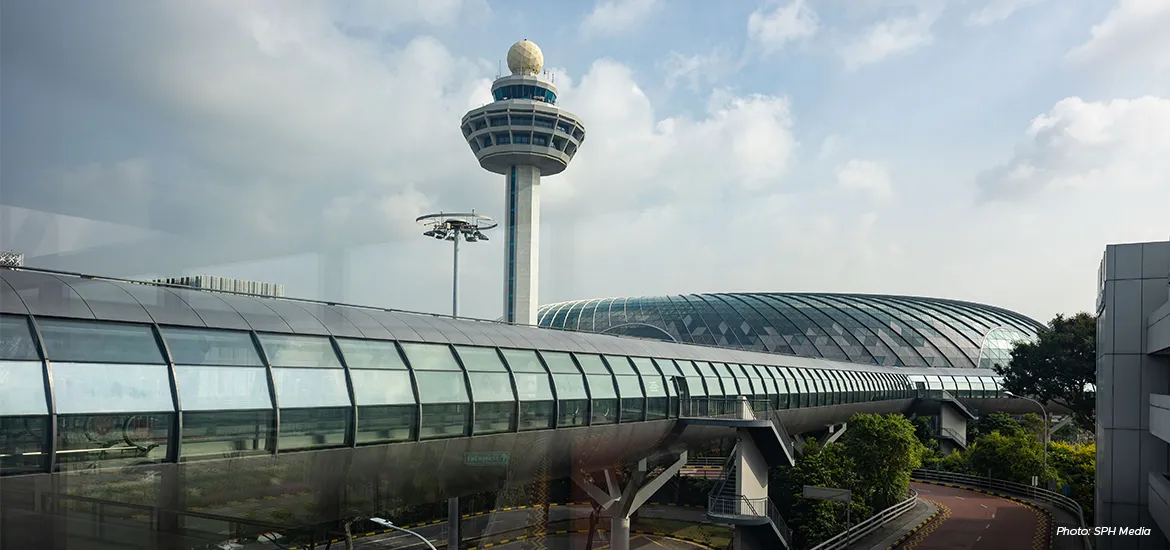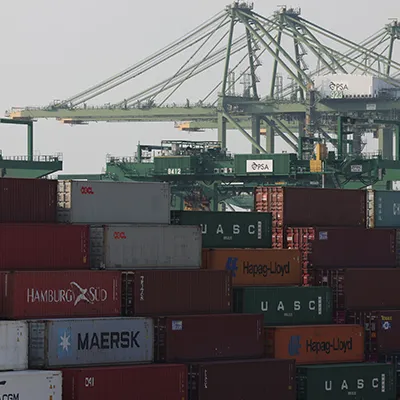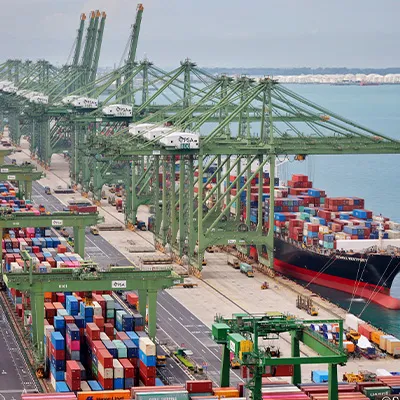Singapore will build a second airport logistics park from 2030 to increase the capacity of the existing park and boost Changi Airport’s role as a regional air cargo hub.
This comes at a time when manufacturers globally are exploring new locations for production, which will alter the flow of trade and logistics and lead to higher volumes of cargo passing through Singapore.
The new Airport Logistics Park of Singapore will create new capacity to service more logistics companies, encouraging them to set up their regional distribution centres here, said Deputy Prime Minister and Minister for Trade and Industry Gan Kim Yong on 3rd October.
He was speaking at the inaugural Government-organised Singapore Supply Chain Connect 2024, which brought together around 400 supply chain leaders to discuss how Southeast Asia and Singapore are positioned to drive growth in the sector.
An airport logistics park is a dedicated zone near an airport that optimises the flow of air cargo and reduces the costs and transit time for processing goods.
Like the existing airport logistics park, the new one will have free trade zone status, allowing logistics companies to benefit from perks such as high-quality park management as well as cost and tax incentives.
The new logistics park is expected to complement an upcoming industrial zone in Changi East and will be part of the Changi Aviation Park, which includes Changi Airfreight Centre and the existing 26ha logistics park.







